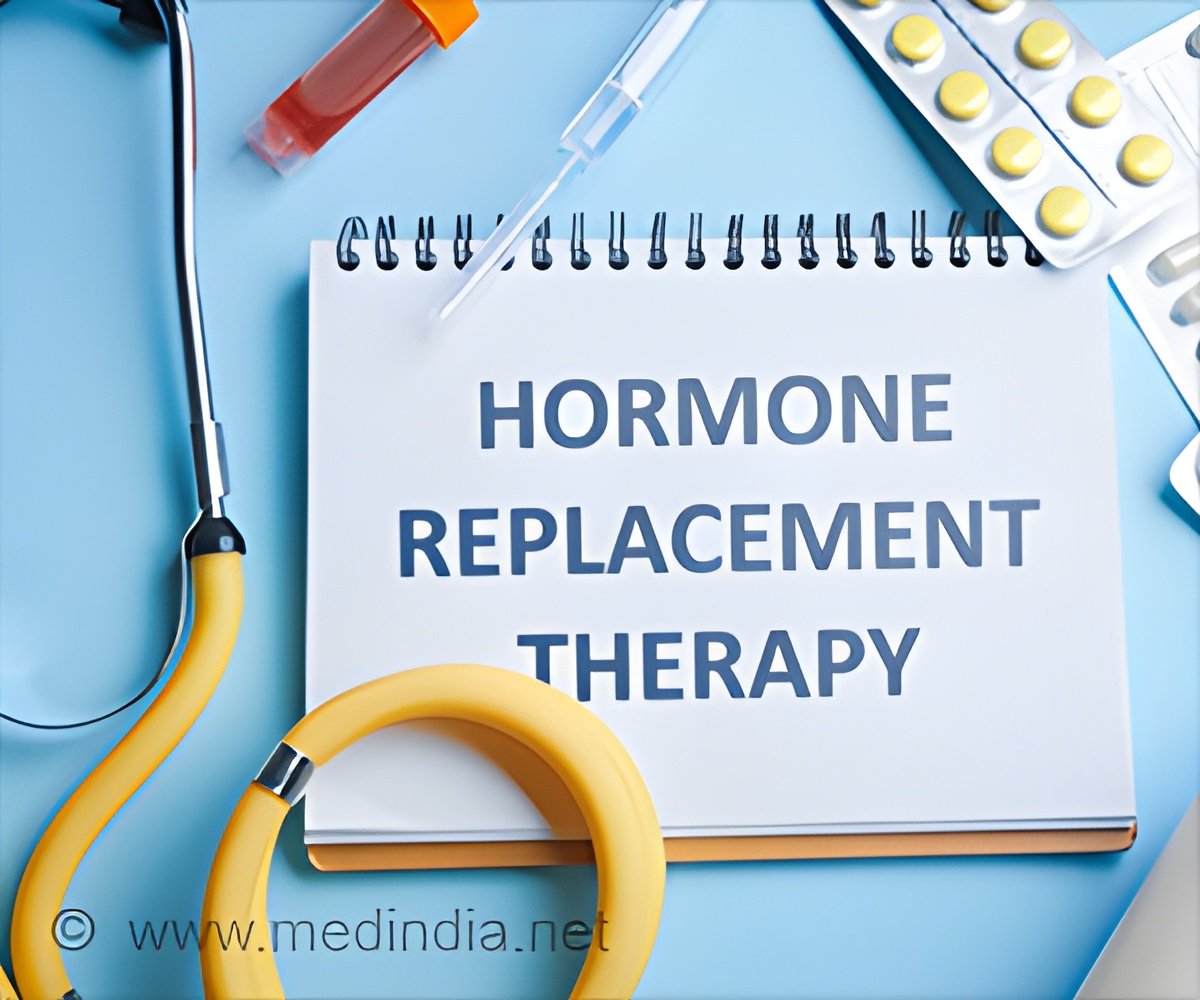
Hormone therapy (HT) may slow biological aging in postmenopausal women, particularly those with lower socioeconomic status (SES), according to a new large-scale study published in JAMA Network Open(1✔ ✔Trusted Source
Hormone Therapy and Biological Aging in Postmenopausal Women
).
Researchers analyzed data from 117,763 postmenopausal women and found that those who had used HT were biologically younger than those who hadn’t. This effect was more pronounced in women with lower SES, suggesting that HT could help to address health inequalities.
Hormone Therapy: Impact on Aging, Mortality, and Timing
Smaller Aging Discrepancy: Women who had used HT had a smaller discrepancy between their biological age (measured by a combination of biomarkers) and their chronological age.
Lower Mortality Risk: The association between HT and a smaller aging discrepancy mediated the link between HT and decreased mortality risk, particularly from cardiovascular disease (CVD). The study estimated that the 0.25 years of delayed aging observed could lead to approximately a 2.25% decreased risk of all-cause mortality and a 5% decreased risk of cause-specific mortality.
SES Modification: One of the notable findings of the study was the stronger association between historical HT use and a smaller biological aging discrepancy in women with disadvantaged SES. This suggests that HT could be particularly beneficial for women from lower socioeconomic backgrounds, who are more likely to experience accelerated biological aging due to various factors related to their SES.
Timing Matters: The age at which HT is started and the duration of use may influence its effectiveness. Starting HT earlier (before age 48) and using it for a moderate duration (4-8 years) may yield the most significant benefits. However, the study also noted a potential threshold effect, with a smaller aging discrepancy associated with HT use lasting up to 7.4 years, while an inverse relationship was observed for longer durations of HT use.
How Hormone Therapy May Slow Biological Aging
The researchers suggest that Hormone Therapy (HT) may slow biological aging by:
Balancing Hormones: Replacing declining estrogen and progesterone levels can help maintain overall health and prevent age-related changes.
Reducing Inflammation: HT may reduce inflammation, which is associated with aging and chronic diseases.
Improving Cardiovascular Health: HT has been shown to reduce the risk of heart disease, which is a major cause of mortality in postmenopausal women.
These findings suggest that HT may be a valuable tool for promoting healthy aging in postmenopausal women, particularly those with lower SES. However, more research is needed to confirm the long-term benefits and risks of HT.
Healthcare providers should discuss the potential benefits and risks of HT with their patients to determine if it is appropriate for their individual needs.
Larger, longer-term studies are needed to confirm the long-term benefits and risks of HT. Research should focus on developing personalized HT regimens based on individual factors, such as age, health history, and socioeconomic status. Studies should evaluate the cost-effectiveness of HT to inform healthcare policy decisions.
Advertisement
This study provides compelling evidence that HT may be a valuable tool for promoting healthy aging and addressing health inequalities in postmenopausal women.
Reference:
- Hormone Therapy and Biological Aging in Postmenopausal Women – (https://jamanetwork.com/journals/jamanetworkopen/fullarticle/2822953?utm_source=For_The_Media&utm_medium=referral&utm_campaign=ftm_links&utm_term=082924)
Advertisement



